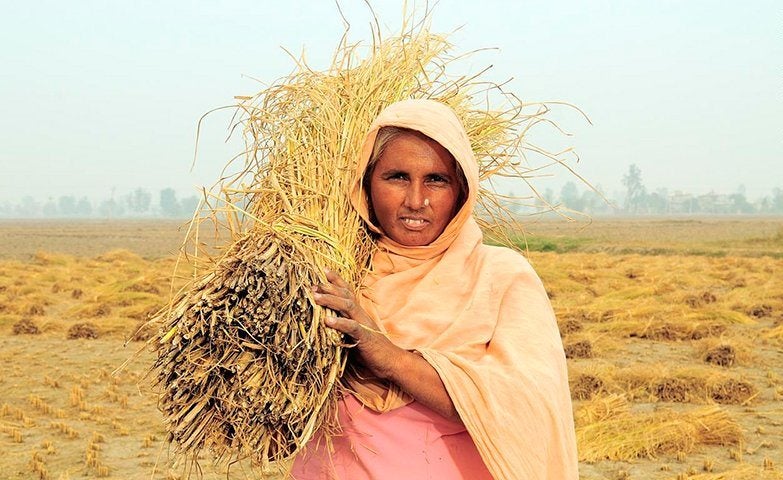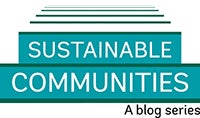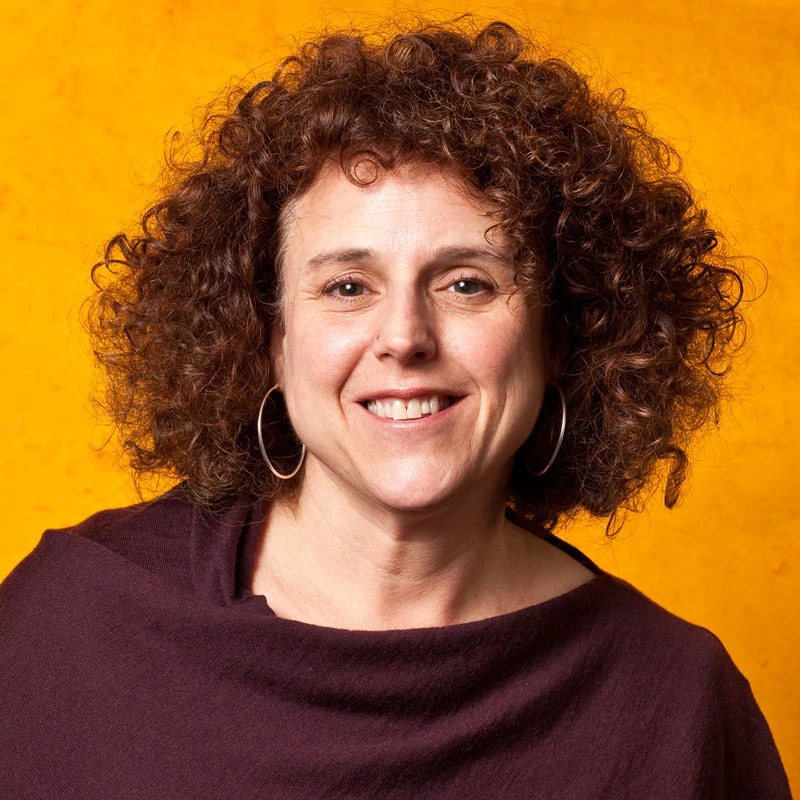
- Increases in food expenditures
- Children less likely to be severely underweight
- Improvements in child educational achievements
- Increases in share of expenditures devoted to healthcare
Secure land rights can also provide women with a fallback position in the case of divorce, abandonment, or death of their husbands. Secure land rights can provide access to credit and rental income.
But in my view, maybe even more important but less frequently discussed, secure land rights can improve women’s status in their families and communities. Status matters because inequality between men and women often means that harming women and girls is acceptable and normal. Surely we agree that women around the world should be able to be free from having their physical, sexual, emotional, and economic rights violated.
In almost every focus group I have ever conducted with women—no matter the country—domestic violence against women is raised and discussed, even laughed about. I do not ask about it—women talk about it in the same way they talk about their burdensome chores. Both women and men accept this behavior as ordinary.
Also common among rural women are the difficulties of —
- Sharing resources with a second wife and her children
- Walking long distances for wood or water; having little or no say about what is planted or what happens to the income from the land
- Improving unusable and abandoned land and then losing it to a stronger male; not being compensated for land takings
- Using a relative’s land one year and being kicked off the next or even before the harvest
- Being left behind in the village while husbands travel to earn money, sometimes never hearing from them again
- Having land and livelihood sold or mortgaged for liquor or sex without any knowledge
- Being deemed a burden or counted only as property
“Gender equality is smart economics, enhances productivity and improves other development outcomes.”
I am a lawyer, so I accept that this is the better argument, the winning argument. But when I talk to women, the positive impact they speak of is often intangible. It relates to how they are viewed by their husbands and their community; it is about their new status as a valued member of their family and village.
I am thrilled that women’s land rights are part of the discussion on rural women’s day because of the enormous positive impact secure land rights will have on agricultural productivity, food security, poverty reduction, families, and, women’s status.



Join the Conversation